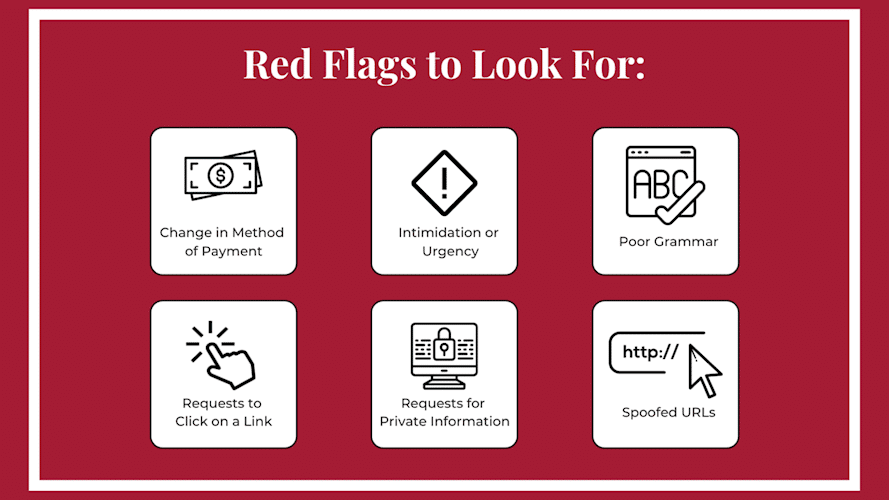How to Create a Website for a Travel Agency
Introduction
How to create a website for travel agency? In today’s digital world, businesses, particularly travel firms, must have a strong web presence. A well-designed website can entice new consumers, display travel packages, and provide critical information to assist travellers in making informed decisions. If you want to build a website for your travel firm, this tutorial will bring you through the necessary procedures.
1. Define Your Website’s Objectives
Before delving into the technical components of website development, it’s critical to define your goals and objectives. Think on what you want your website to accomplish. Do you wish to generate leads, sell vacation packages, or provide destination information? A clear vision will assist you in making informed selections during the website creation process.
2. Choose a Domain Name and Web Hosting
The first step in making a website is to choose a domain name, which is the web address that users will use to find your site. Choose a domain name that is related to the name of your travel firm or the services you provide. Once you’ve decided on a domain name, you’ll need to select a reputable web hosting service. Web hosting is a service that makes your website available on the internet.
3. Select a Content Management System (CMS)
A content management system (CMS) is a software platform that allows you to produce, administer, and alter content on your website without any technical skills. WordPress is one of the most popular CMS alternatives, with an easy-to-use interface and a plethora of customisable themes and plugins. Joomla and Drupal are two other CMS alternatives to consider.

4. Choose a Responsive Design Theme
A responsive design theme ensures that your website looks and performs properly on all platforms, including desktop computers, laptop computers, tablets, and smartphones. Prioritise a clean and professional style that matches the image of your travel firm when choosing a theme. Check that the theme is compatible with your chosen CMS and that it provides customization possibilities to match your brand.
5. Design an Engaging Homepage
Because the homepage is the first thing customers see when they visit your travel agency’s website, it must be visually appealing and engaging. Include high-quality photographs of famous vacation destinations, a clear and succinct headline, and a summary of your agency’s offerings. Include a well-organized menu to make it easy for users to go to various sections of your website.
6. Create Informative Destination Pages
Create separate sites for famous travel destinations to display your knowledge and attract potential consumers. Include eye-catching photographs, in-depth explanations, and relevant information such as popular destinations, local customs, and the best times to visit. Make your material useful and engaging in order to persuade people to book their vacations through your agency.
7. Implement User-Friendly Navigation
A positive user experience requires effective navigation. Organise the menu structure of your website rationally so that users may simply discover the information they’re looking for. To categorise different trip packages, places, or services, use dropdown menus or sidebar navigation. Add a search option to assist users find certain content quickly.

8. Integrate Booking and Inquiry Forms
Integrate booking and enquiry forms into your website to ease the booking process and capture leads. Make the forms easy to find and fill out, and just request necessary information. To handle form submissions and automate email notifications for new enquiries, use a dependable and secure form plugin.
9. Optimize Your Website for Search Engines
Search engine optimisation (SEO) is critical for increasing the visibility of your website.
9. Optimize Your Website for Search Engines
Search engine optimisation (SEO) is critical for increasing the visibility of your website and getting organic traffic from search engines. The following are some essential steps to optimising your travel agency website:
a. Keyword Research:
Determine which terms and phrases travellers are likely to use while looking for travel services. To uncover popular and less competitive keywords to target in your content, use keyword research tools.
b. On-Page Optimization:
Optimise the meta tags on your website, including title tags and meta descriptions, to include desired keywords. Make sure your material is well-structured, with appropriate header tags (H1, H2, H3) and important keywords sprinkled throughout the text.
c. Quality Content:
Make high-quality, educational, and entertaining material for your intended audience. Publish blog entries, travel guides, and advice that visitors will find useful. To improve the user experience, include multimedia components such as photographs and movies.
d. Mobile Optimization:
Because mobile devices are becoming more popular, optimising your website for mobile responsiveness is critical. Make sure your website’s design and layout adapt to varied screen sizes, allowing for a consistent surfing experience across devices. https://diversewebsitedesign.com.au/travel-agent-website-design/
e. Website Speed:
Improve the speed of your website by compressing pictures, minifying code, and utilising browser caching. A website that loads quickly not only enhances user experience but also helps search engine rankings.
f. Link Building:
Create a link-building plan to obtain high-quality backlinks from authoritative and relevant domains. Backlinks assist search engines evaluate your website’s reliability and relevancy, which improves its rating in search results.
10. Integrate Social Media
Use social media to market your travel business and engage with your target audience. Include social networking buttons on your website so that users may effortlessly share your material across several platforms. Maintain an active presence on key social media platforms, offering updates, travel ideas, and visually appealing content to attract fans and generate visitors to your website.
11. Test and Optimize
Test the performance, functionality, and user experience of your website on a regular basis. To improve conversion rates, do A/B testing with different layouts, call-to-action buttons, and forms. Analyse website statistics to learn about visitor behaviour, popular pages, and areas for development.
Conclusion
Developing a website for your travel agency is an exciting project that may dramatically boost your online visibility and attract new consumers. You may create an entertaining and informative website that promotes your travel packages, destinations, and expertise by following the steps suggested in this tutorial. To maximise the impact of your online presence, prioritise user experience, optimise your website for search engines, and use social media. Your travel firm can thrive in the digital landscape and cater to the wanderlust of eager travellers with a well-designed website. https://www.dynamicwebdesign.com.au/our-services/web-seo/





